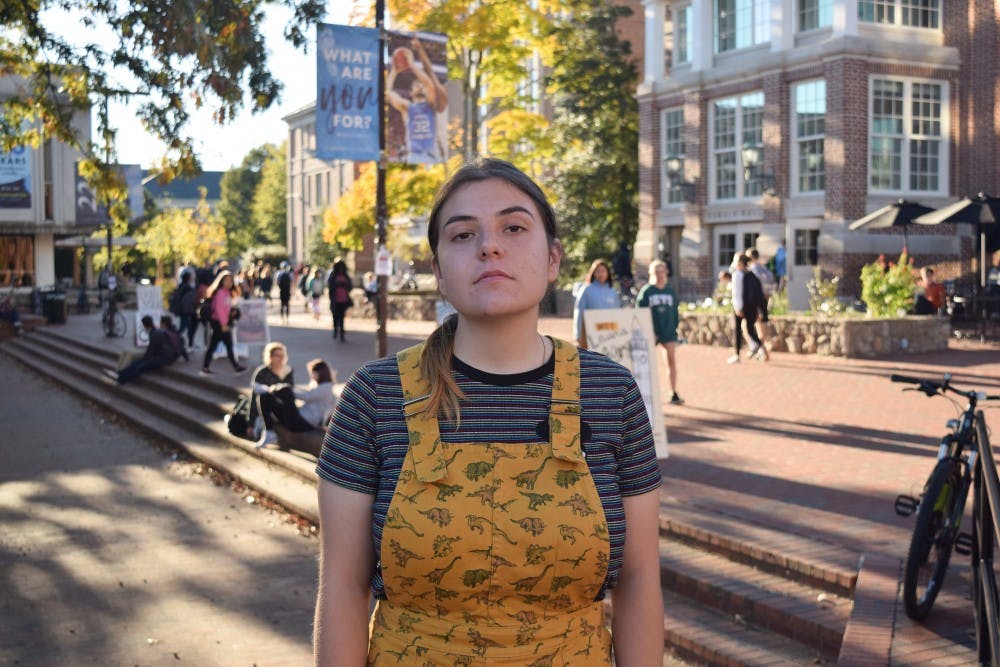Three universities and one community college district filed a lawsuit in response to a U.S. Citizenship and Immigration Services policy implemented in August that may make it easier for international students to receive lengthy bans from the country.
Guilford College, Guilford College International Club, The New School, Foothill-De Anza Community College District and Haverford College submitted the lawsuit on Oct. 23 in a U.S. district court against the U.S. Department of Homeland Security and USCIS.
Unlawful presence is a term that applies to F, J or M visas, which are associated with students studying abroad. It affects students who have left their program or have done an unauthorized action, such as employment that is not approved.
Depending on the time a student overstays their visa, re-entry bans can range from three to 10 years.
Under the old policy, unauthorized presence days started stacking as soon as a student received formal notice that they were in the country illegally. Now, those days start counting as soon as the student violates their visa.
“I was really annoyed because I really value the ability that education has to be able to share things across the world and to learn new things,” said Iris Maxfield, a junior international student from London. “You can't do that as well if you only have people who have lived like you.”
The DHS said it wants to crack down on the number of people who overstay their visas, and it changed the policy because it can better track visa-holders through a computer system called SEVIS.
According to DHS reports, it’s true that students overstay their visas at a rate higher than other types of visas. However, the SEVIS system has existed for 15 years.
“It’s arbitrary and capricious,” said Paul Hughes, a lawyer for the plaintiffs. “The basis the agency says they made this change on is a new computer database, but they fail to recognize that that database has existed since 2003.”



